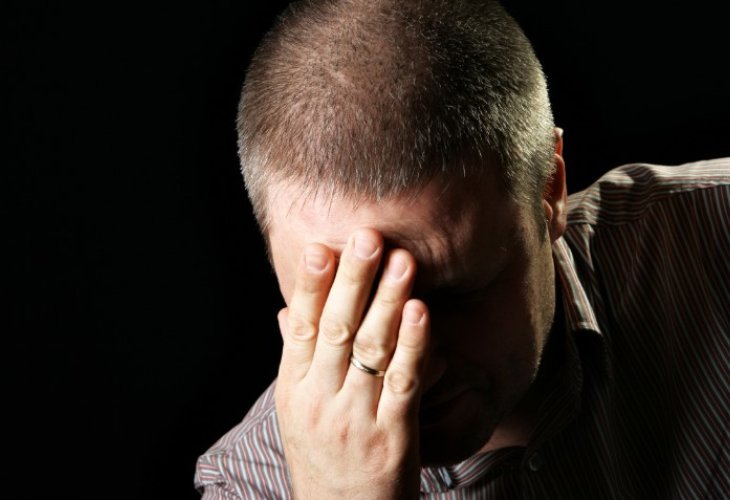Shabbat
Shabbat is a Weekly Taste of Paradise
Israeli singer Ariel Zilber's heartfelt reflection on sacred rhythms, learning, and togetherness on Shabbat


“Shabbat is rest and joy. We’ve left the entire week behind. All the stress of the daily grind is gone. On Shabbat, there are no worries. The only things to think about are: What will we learn? Which classes will we attend? And what will we eat?”
What’s your typical Shabbat schedule?
“It depends. Every Shabbat is different. On a regular Shabbat, I wake up around 5:30 or 6:00 a.m. and learn the things that I learn each day untl 7:30. At 7:30, we have a Gemara (Talmud) class at the synagogue. At 8:00, it’s time for Shacharit (morning prayers).
At 10:00, we make Kiddush. Around 1:00 p.m., we recite Tehillim (Psalms) with the little kids at the synagogue. Then I head home and rest a bit.
This summer, for example, there’s a class with the rabbi at 5:15 P.M. Mincha (the afternoon prayer) is at 6:00 P.M., followed by Pirkei Avot (Ethics of the Fathers), which we read together as a family. Then comes Ma’ariv (the evening prayer), the end of Shabbat, and Havdalah (the ritual that marks the end of Shabbat). It’s paradise.”
Where do you pray on Shabbat?
“I use the Tehillat Hashem Chabad prayerbook, which works for both Ashkenazic and Sephardic traditions. But the local Sephardic synagogue is usually short on men for a minyan (prayer quorum), so I help complete the quorum there.”
Do you have a favorite Shabbat song?
“I really love Shirat HaYam (the Song at the Sea).’”
Who would you like to spend Shabbat with—and who would you host?
“I wouldn’t want to be a guest. I love being at home. But I’m happy to host anyone who wants to join us. I have no problem with that.”
What’s special about Shabbat in your home?
“I work every day of the week. Shabbat is the one day when I don’t need to talk about business, don’t need to plan anything, and don’t need to do anything. It’s Shabbat for Hashem, as simple as that. Usually, the kids and grandkids come over, so it becomes a celebration. Shabbat is our time to be together.”
What’s the first thing you do after Shabbat ends?
“First, we make Havdalah. Then we sit down for the Seudat David Malka Meshicha, the meal of David, the King Messiah.
During the meal, we say: ‘Avraham, Yitzchak, and Yaakov are coming to this joyful meal.’ We say three times: ‘David, King of Israel, lives and endures.’ Then three times: ‘A good sign and good fortune.’ And finally, ‘May it be for us and all of Israel.’
And that’s it. It ends pretty quickly."

